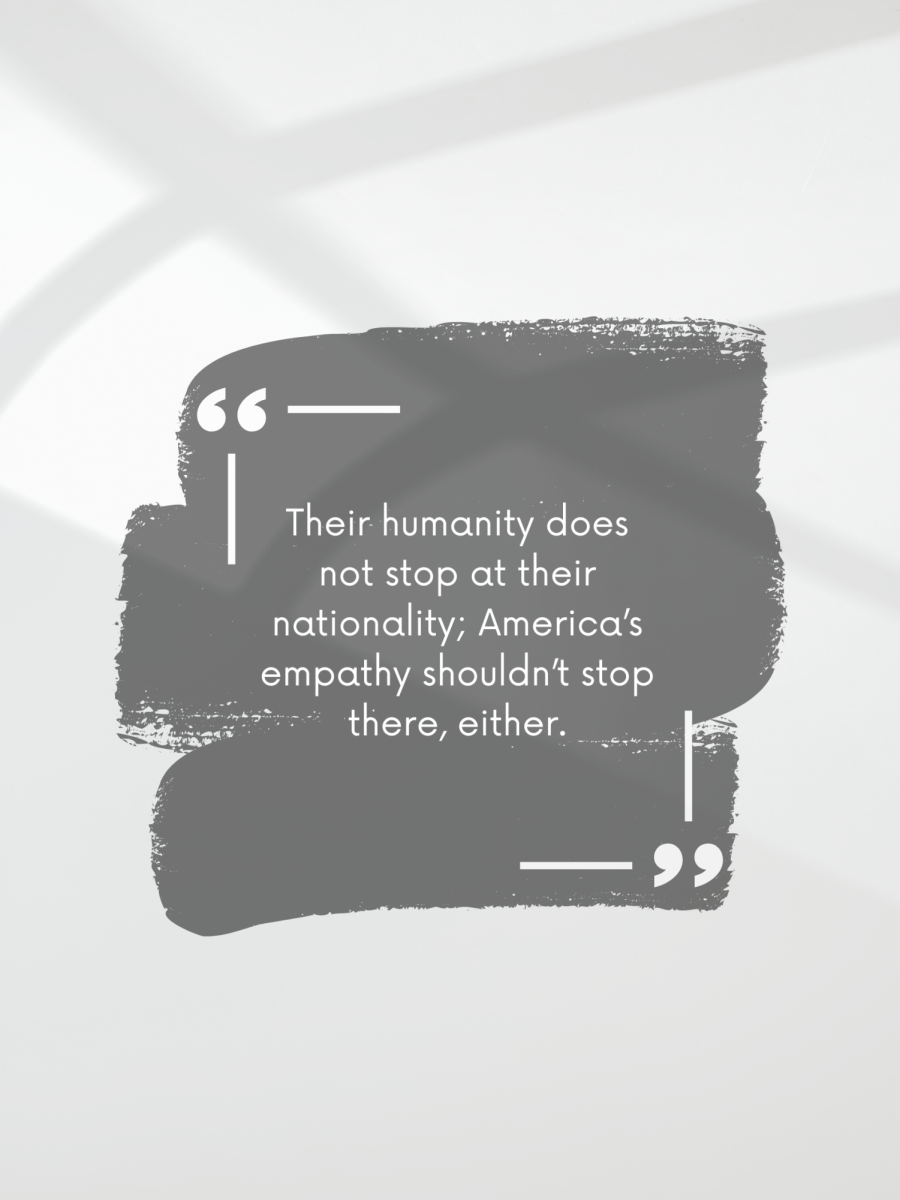Primary school counselors are essential to young students’ mental health, emotional well-being, and social development, providing foundational support in their early years. With rising rates of childhood mental health issues — one in five children experiences mental health disorders each year; according to the CDC (Children’s Mental Health) — the need for trained counselors in schools has never been more pressing.
Yet, many schools prioritize academic resources over counseling, overlooking the fundamental support that counselors provide. This can primarily be noticed in underfunding, which limits counselors’ ability to address students’ emotional challenges. In addition, many districts face overwhelming student-to-counselor ratios that are far beyond the American School Counselor Association’s recommendation of 250-to-1, with some reaching as high as 700-to-1, according to the American School Counselor Association.
Critics argue that teachers could manage the role of a mental health professional with proper training. But this view underestimates the strain already placed on educators, and the unique skills counselors provide. While teachers already juggle academics and behavioral issues, counselors are explicitly trained in child psychology, equipped to provide emotional support and address issues like peer conflicts and anxiety. Without counseling support, teachers are more susceptible to burnout, diminishing their ability to teach effectively. Research by the National Institute for Child Health and Human Development (NICHD) highlights that students receiving early emotional support are more likely to succeed academically and socially, underscoring the irreplaceable impact of counselors.
Despite their importance, some Primary counselors around the country have misused their positions, leading to cases of abuse of authority, privacy violations, and even coercive practices. According to a 2022 report by the U.S. Department of Education, there have been instances where counselors crossed boundaries, misusing personal information and compromising student trust. In one notable California case, a school counselor was found sharing confidential details without consent, which greatly affected students’ well-being. Such incidents prove the need for clear protocols and oversight to ensure counselors operate within ethical boundaries while supporting students.
Addressing these concerns requires a two-pronged approach: increasing counselor availability and implementing safeguards to prevent misuse of authority. Schools could enhance transparency, monitor counselor-student interactions, and involve parents in counseling. All of this can help foster trust without compromising the counselor’s role. Additionally, reducing administrative burdens on counselors would allow them to focus on providing direct support through social-emotional learning (SEL) programs, which research links to improved academic and behavioral outcomes.
Ultimately, primary school counselors are indispensable for creating supportive and inclusive environments. By empowering counselors with the resources and oversight they need, schools can better safeguard students’ mental health while preventing the misuse of authority, ensuring young learners are supported academically and emotionally.
NOTE: This applies for all counselors, not just primary school counselors. There will be a follow up story in Jan. 2025 clarifying more details, Thank you.







